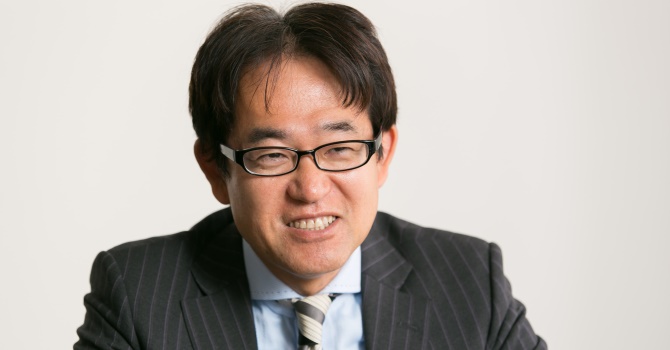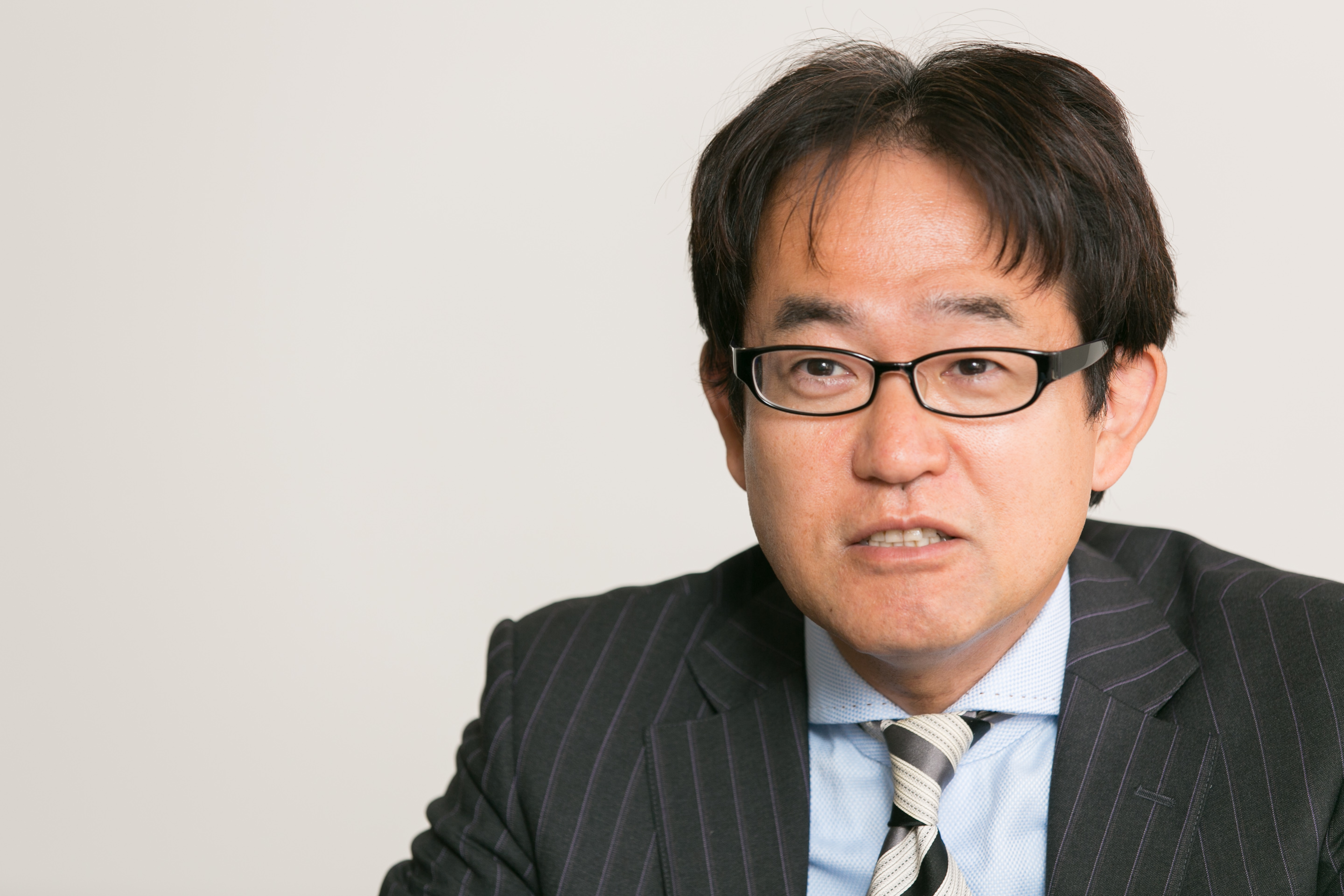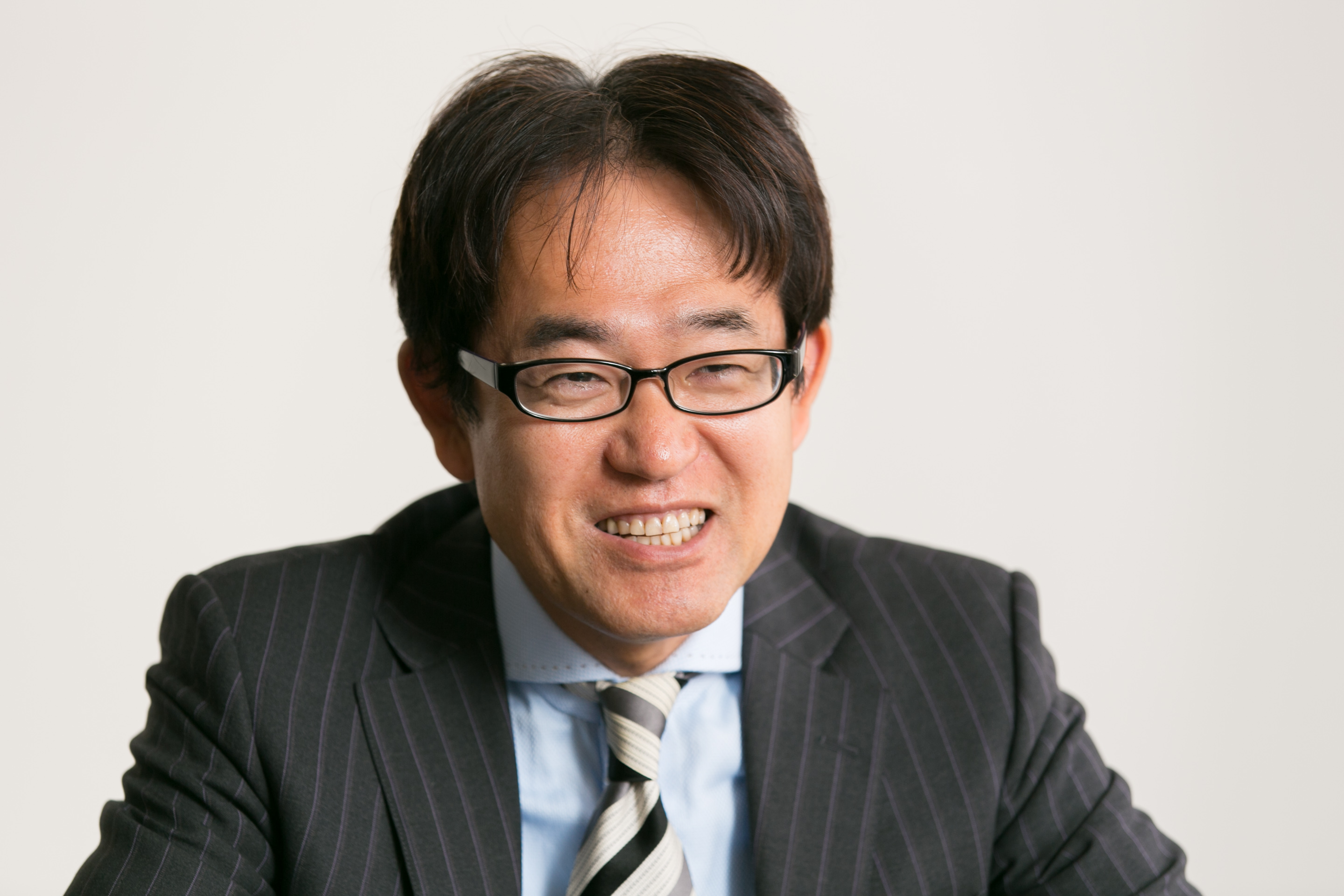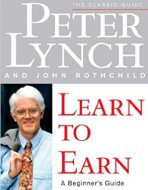Hisashi Osezawa

- Classification
- Equity
- Company
- J Flag Investment Co., Ltd.
August, 2001-May, 2009
JP Morgan Asset Management, Managing Director
Senior Portfolio Manager, JF Japan Portfolio Group
October. 1997-July. 2001
Shinwako Investment Management
Portfolio Manager, Japan Equity
April, 1994-September, 1997
Wako Securities, Tokyo
Japan Equity Analyst, International Division
April, 1991-March, 1994
Wako Securities US, New York
Japan Equity Sales for US institutional investor
April, 1988-March, 1991
Wako Securities, Tokyo
Japan Equity Trader, International Division
April, 1987-March, 1998
Wako Securities, Tokyo
Retail Sales
Award in JP Morgan:
Morning Star Fund of the year 2002
Morning Star Fund of the year 2003
Lipper Fund Award Japan 2005

We believe the market is largely inefficient. Combination of the thorough bottom-up research to identify future firm value and top-down analysis including both macro and sector level is indispensable for superior investment performance. We generally do not put any limitations on our investment universe but we normally do not find attractive investment opportunities in many of the large cap sectors. Without any risk control constraints relative to the benchmark index or full-investment principle, we focus our attention on creating the portfolio consisting of best ideas. As for stock selection, candidate firms, selected on the basis of fund manager’s unique investment ideas, are further analyzed through field research wherever possible. We strive to find the small cap growth stocks whose earnings are expected to expand by 5~10 times in the periods ahead. Since most of these small stocks with excellent investment opportunity tend to be illiquid, they are likely to be neglected by large investment firms. In this sense, our rival might be individual investors but we have definite advantage to them in terms of our capability of extensive field research.
Foreign investors, that are dominant players in the market today with market transaction share of more than 50%, are generally biased towards large cap stocks for their investment activities. They often find it difficult to access the Japanese small cap sectors due to both language and cultural barriers. On the other hand, Japanese institutional investors and asset management firms tend to be overly risk-sensitive and their organizational decision-making process may hinder timely decision-making. Our extensive search via field research sometimes leads us to find such a brilliant stock as an ore of diamond that is extremely undervalued. The key to superior portfolio return is to invest in these high potential stocks in advance of their price appreciation.

The turning point for me was back in 1991 (in my 20’s), when I was transferred to New York office of a securities house I worked for. My experiences in New York made me feel a strong motivation to become a fund manager, departing from brokerage business. I had a number of occasions to think about historical background of the stock market and its significance in the society through discussions with local fund managers. I started to believe that what had happened in New York would most likely happen in Japan and I wished to be involved in that process. At that time in Japan and it may still be to some extent, concept of asset management was vague and was not established. What Japanese fund managers, many of whom were ex-brokers, were doing at that time were far from “investment”. They were simply trading stocks, trying to ride on ups and downs of the market. business model of the asset management looked quite attractive to me in that benefits of clients to achieve by their asset growth and those of fund managers to suport it were perfectly aligned.
My motto is to act only on my own belief. Common sense in Japan may not be the global?? common sense and herding type of mentality in Japan is something I must distance myself away. My investment decision can only be made on basis of my own conviction which can become sufficiently strong only after I experience myself. I try to experience products and services offered by the investment candidate companies and I also seek to collect feedbacks by my colleague, families and friends. For instance, I recently asked my friend to test the new hair restorer.
I also make it a rule to question myself whether a candidate stock is worth long-term holding. I basically try to avoid short-term trading since probability of success tends to be smaller. The key to offer superior performance to clients is to hold those stocks on a long term that have potential to expand their businesses ten times in 5 ~10 years.

Our strategy is rather concentrated investment in 30 ~ 50 small cap growth stocks. Accordingly, short-term volatility of the portfolio could be relatively high and the portfolio value could experience sizable downfall in any major market declines. In face of the price decline, three different approaches are considered based on types of declines as below;
1. Demand/supply situation of individual stocks
2. Concerns on the future corporate earnings
3. Overall market declines
Deterioration of demand/supply situation of a particular stock, if not accompanied by negative change of corporate fundamentals, may lead us to hold or even increase our holdings. As for concerns on the corporate earnings, we may hold if it’s perceived to be short-term in nature. If we judge it to be long-term in nature, we may sell it entirely. If it’s affected by major market declines such as the case of Leman Shock, we may reduce equity exposure and increase cash position.

Learn to Earn: A Beginner's Guide to the Basics of Investing and Business, Peter Lynch
The new money masters, John Train
Reminiscences of a Stock Operator, Edwin Lefevre
The Alchemy of Finance: Reading the Mind of the Market, George Soros
Corporate earnings column of NIKKEI newspaper
Notes:
This article originally appeared on May 1, 2017. Any views presented in this article are as of such date and are subject to change.
This article and the information provided therein are not a recommendation to purchase or sell any security, nor are they intended to constitute the marketing of, or a solicitation for investment in, any investment product.
Name: J Flag Investment Co., Ltd.
Established: May, 2009
Business License: Investment Advisory
Shareholder: Owned by Hisashi Osezawa
Key Personnel: Hisashi Osezawa, CEO,CIO
Koji Inokoshi, Director, Business Development
Etsufumi Sakakibara, Director, Internal Administration
Address: Jyujiya Bldg, 5F, 1-6-17,Nihonbashi-Kayabacho, Chuo-ku, Tokyo 103-0025
Telephone : +81-3-3666-0974
FAX : +81-3-3666-0975
E-mail: k.inokoshi@jflag-investment.com
J Flag Investment provides two investment advisory strategies for only institutional investors, both long only and long short. Long portfolio focused on Japanese small cap equities generates higher return since inception, and we aim to deliver approximatley15% target annual return.
Our investment style is GARP with a thorough bottom-up approach.
We cover all listed stocks, but mainly invest small cap growth stocks based on long term investment view, not short term trading, and provide higher concentrated long portfolio (30-60 names).

March 1, 2017
by Investment in Japan

